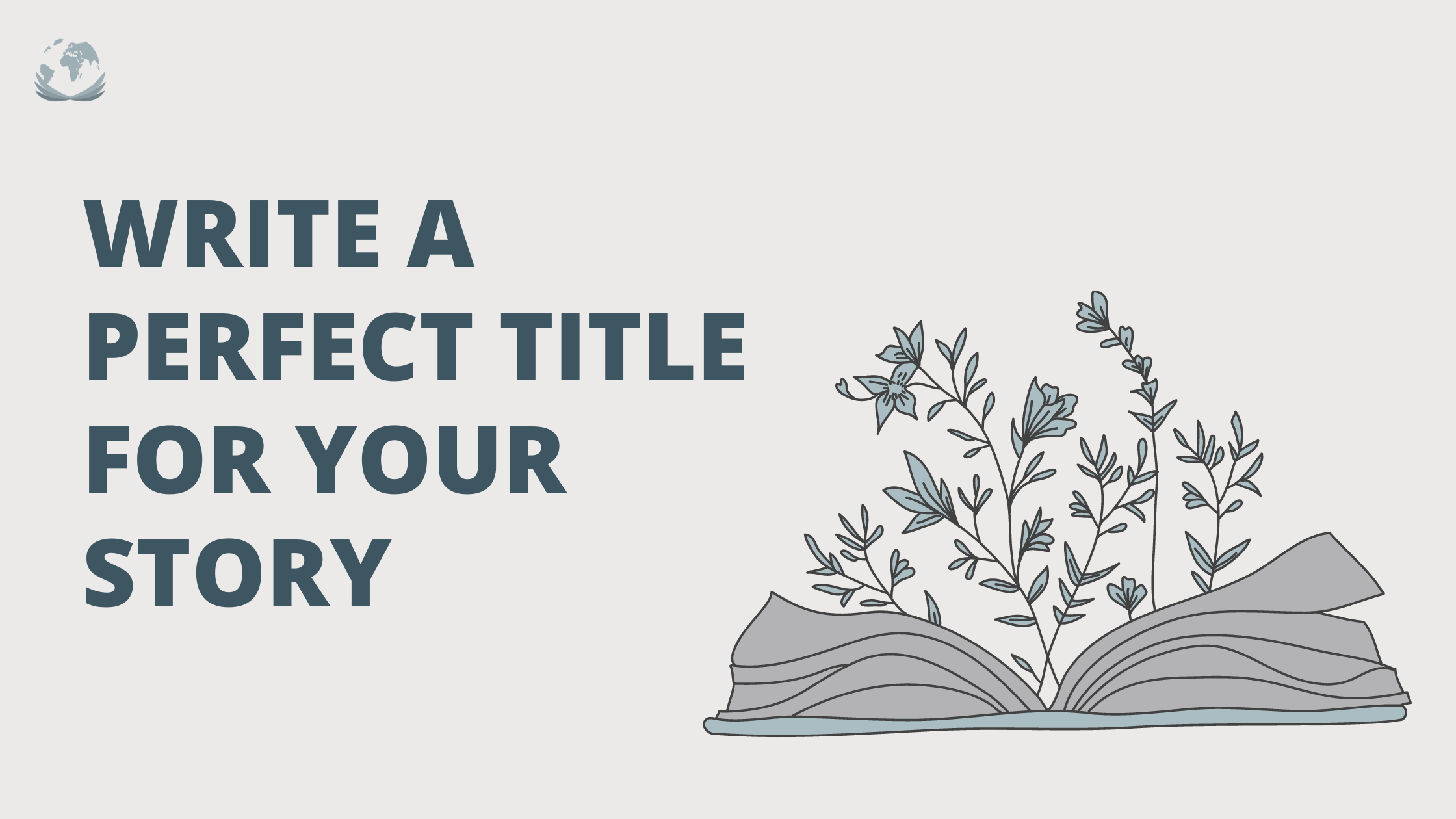How to Write a Great Title
Hook, Line and Sinker Or…
How to decide on a perfect title for your story
A great title for a story can be the difference between your story being read or ignored. They might not seem like much, just a few words, but they can really pull in a reader. Consider, Electric Kool-Aid Acid Test. That’s not a title to be ignored. That might inspire you to give some serious thought to titles. And so here, we are going to consider, how to title a short story or a long one. The exercise is the same
Here are some ways to come up with title ideas for a story.
Let’s start with the journalists’ 5 questions:
Who is the story about? Consider, The Great Gatsby, by F. Scott Fitzgerald, 1925.
This is a really great title because it zeros in on the main conflict of the book, not just the name of the main character. Jay Gatsby is bestowed with the adjective great, giving the reader a spotlight on this character, a point of view on this character and sets us up with the question of his greatness and the frailty of society’s admiration for the kind of greatness someone like Jay Gatsby embodies. In other words, the title The Great Gatsby is the tiniest summation of the novel.
What is the story about? The Electric Kool-Aid Acid Test, by Tom Wolfe, 1968 - so good I used it twice!
This is a great title because you can’t ignore it! It grabs you and you have to ask, what is it? What is The Electric Kool-Aid Acid Test? This title embodies an era, the journey of characters and it has rhythm and coolness and you never forget it.
Where does the story take place? Slaughterhouse Five, by Kurt Vonnegut, 1969.
Slaughterhouse Five is an arresting title and it is the reason the book was written. It is arresting in part because of the subject matter. A slaughterhouse is such an unappealing location and that alone is intriguing. Why? Why would the author want to write a story about a slaughterhouse? The title is intriguing, arresting, enigmatic and yet terribly concrete about a horrific event. The title intrigues us with caution as we enter the horror of the burning of Dresden at the end of WWII. The title also reflects the authors difficulty in telling the story - he struggles to bring himself to present head-on the horror of the events.
When does the story take place? Year Zero: A History of 1945 , by Ian Buruma, 2013.
Year Zero: A History of 1945 is an evocative and arresting title for the end of World War II. We might think of history beginning with the surrender of Japan but adding that label to 1945 is unexpected and the title alone stops the reader in their tracks and offers them the notion of an new world emerging from the ashes of war. The title could have been simply A History of 1945 but with Year Zero, we are forced to consider that date and all that went before and came after and how pivotal a year that was.
Why are you telling the story? I want to Thank My Brain For Remembering Me, by Jimmy Breslin, 1996
Jimmy Breslin wrote this book after surviving surgery for a brain aneurysm. He could have written, Surviving a Brain Aneurysm, but that wouldn’t have encapsulated the emotion involved in that sort of experience. Waking up from surgery - miraculous in itself and not knowing if his brain would ever fully function again, gave him the impetus to write a memoir reflecting on a full life that he was grateful to be able to remember.
But, at History Chip, we know that a lot of our writers may have never written much, may not consider themselves to be writers. You may feel that coming up with a clever title is beyond you, that even writing a short memory about something you know really well - like your childhood home, or the way your family celebrates important holidays - may seem daunting. You may feel that the art of writing sounds daunting. But here is the thing, any one of us who uses words knows how to write. If you can string together a few sentences, you know how to write and can write a short story online. As soon as we learn to speak, we can write. It may not be the best writing in the world but here at History Chip, what is important is the sharing. Some athletes make it to the big leagues and maybe to the Olympics. But most of us just get exercise and that is great! We play Wiffle Ball or tag in the yard, we body surf at the ocean and we love it! We don't have to be great athletes to have a great time and get some exercise. The same with writing. We don’t have to be great. Our simple words on paper bring our truth to history, remind each other of how our mothers made pie crust, what our favorite games are, or how it felt to see loved ones go off to war or face illness. For stories of life, the quality of the words fall away. It’s that we communicate with those words, as best we can, words assembled for the sake of the story.

